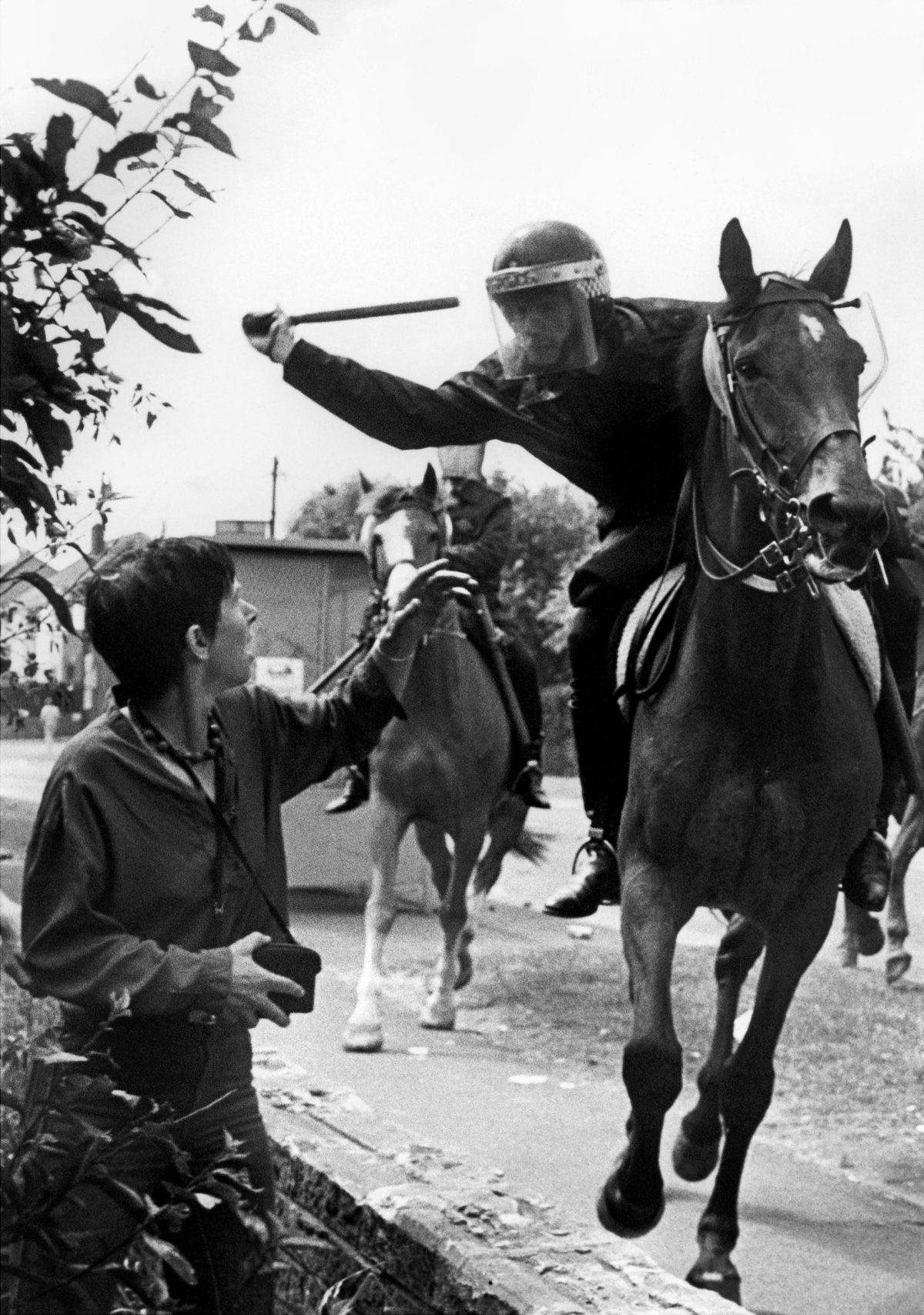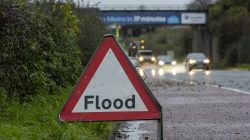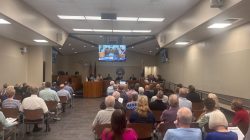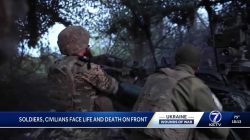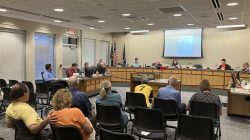Background of the Orgreave Confrontation
The public inquiry into the violent confrontation at Orgreave during the 1984 miners’ strike has been announced by the Government, aiming to address long-standing questions surrounding the events. The inquiry is expected to launch in the autumn and will focus on the clashes that occurred at the Orgreave Coking Plant in South Yorkshire on 18 June 1984, which resulted in 120 injuries. This incident has had a lasting impact on communities in Yorkshire and other mining areas.
Home Secretary Yvette Cooper emphasized that the violent scenes and subsequent prosecutions raised concerns that have remained unanswered for decades. She stated that it is essential to establish what happened during those events. The inquiry will be statutory, meaning it will have the authority to compel individuals to provide information when necessary, as outlined by the Home Office.
Key Details of the Inquiry
The inquiry will be chaired by the Rt Revd Dr Pete Wilcox, the Bishop of Sheffield. He acknowledged the weight of expectation and the significance of the task ahead. His role will be crucial in ensuring that the public gains a clear understanding of how the events unfolded on the day and in the immediate aftermath.
The Orgreave Truth & Justice Campaign (OTJC) has expressed its desire to uncover who was responsible for organizing and ordering the deployment of multiple police forces, including mounted police armed with truncheons, shields, and dogs, against striking miners. The campaign group is also seeking answers regarding the decision to attack and arrest striking miners, charging them with riot and unlawful assembly, which carried heavy prison sentences.
Additionally, the OTJC is interested in understanding why the police operational order for deployments that day disappeared and why other evidence was destroyed or embargoed until 2066 and 2071. These questions highlight the need for a thorough and transparent investigation.
Reactions from Stakeholders
Formal consultation between the Home Secretary and the Rt Revd Wilcox on the inquiry’s terms of reference has already begun. Kate Flannery, secretary of the OTJC, welcomed the announcement as “really positive news.” She stressed the importance of ensuring that the inquiry has the necessary powers to fully investigate all aspects of the orchestrated policing at Orgreave and has unrestricted access to all relevant information, including government, police, and media documents, photos, and films.
Chris Kitchen, general secretary of the National Union of Mineworkers (NUM), described the inquiry as “hugely welcome.” He emphasized the importance of rebuilding trust and believed that this inquiry would go some way towards achieving that goal.
Kevin Horne, a miner arrested at Orgreave, highlighted the significance of the inquiry, noting that over 41 years have passed since a paramilitary-style police operation was planned at Orgreave. He pointed out that many of the miners involved are now deceased or elderly and ill, making it crucial to have a quick and thorough inquiry with a tight timescale so that surviving miners can finally obtain the truth and justice they have been waiting for.
Broader Implications
Oliver Coppard, Mayor of South Yorkshire, referred to the inquiry as a “landmark moment for justice and accountability.” He noted that the inquiry represents an opportunity to examine not only the actions of South Yorkshire Police and other forces on that day but also the broader role of government at the time.
He emphasized that the inquiry is a step towards setting the historical record straight, ensuring lessons are learned, and restoring public trust. This event underscores the importance of transparency and accountability in addressing past injustices and ensuring that the voices of those affected are heard.

